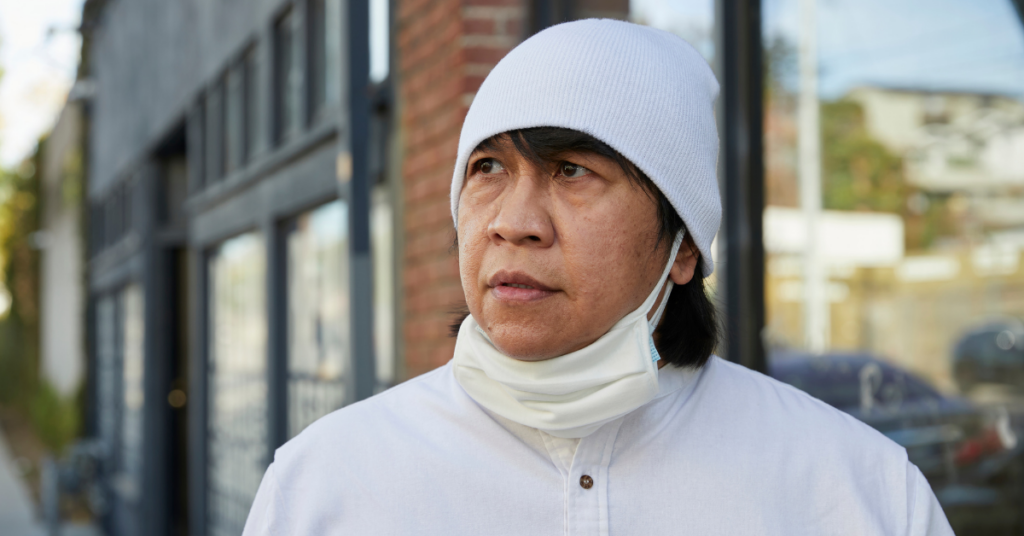
Through interviews and original photography, PHI is working with direct care workers nationwide to document their stories and share their ideas for transforming jobs in long-term care. This interview is with Allen Galeon, a Caregiver and Worker Leader at Pilipino Workers Center in Los Angeles, CA. He has been a direct care worker for 13 years.

“You have to love your job to be a caregiver, but you also have to be strong. Not just physically, but mentally, too.”
On why he decided to become a direct care worker
“I am considered a ‘sandwich caregiver,’ which means that in addition to my 90-year-old client who has Parkinson’s disease, I take care of my mother who has diabetes and my four-year-old son. I do this work because of my respect for and homage to my mother who worked as a caregiver, and whose income brought sustenance to my entire family. I used to visit her at work, and somewhere along the line there were opportunities to help out, like by providing transport to clients in the retirement homes. This experience provided me a little bit of exposure and training. There aren’t as many male caregivers in this industry, especially when I started in 2008, so it wasn’t difficult for me to find a job.”
On his relationship with his clients
“I have cared for at least 30 clients since I began doing this work. Currently, I am hired directly by my client and her family. These families are entrusting us with their loved ones, and when they are away, you often become like family to your client and spend more time with them than anybody else. There is bonding, and a relationship develops. With me and my current client, that relationship has developed beautifully.
It’s not easy to detach from somebody who you take care of. It’s nice to be able to get a vacation, but as part of the care industry, you can’t just pick up and leave your assignments. You don’t want to ask a stranger to fill in when so many clients have different medical issues and need close monitoring in order to provide them with quality care.”
“The reality of caregiving is that most of us have more than one job so we can pay the bills.”

“These families are entrusting us with their loved ones, and when they are away, you often become like family to your client and spend more time with them than anybody else. There is bonding, and a relationship develops. With me and my current client, that relationship has developed beautifully.”
On what it takes to be successful in his role
“You have to love your job to be a caregiver, but you also have to be strong. Not just physically, but mentally, too. It requires a lot of emotional attachments that can drain you. It’s so unfortunate that in the world we live in, the caregiving profession receives the lowest category of pay. Yet it requires a lot of intelligence. It requires a lot of agility to be able to respond to a need or an emergency. You have to solve problems quickly. You have to be alert. And you have to know how to communicate, because we are caring for someone’s life.”
On the impact of COVID-19
“Since my client requires 24-hour care, she has a team of caregivers, and I’m the team leader. It’s been a really organized, mobilized team effort to protect her and each other from the virus. The reality of caregiving is that most of us have more than one job so we can pay the bills. But we made a pact within our team that we are not going to provide services to anyone else during the pandemic. This means that I have been working less. I’m fortunate that I still have one job I can rely on when so many people have completely lost their income. I have a savings and can still take care of my family, but it’s a balancing act.”
Photography: Rachael Porter @porterfiles
***
The Direct Care Worker Story Project aims to enhance the visibility of this workforce, amplify its voices, and draw on workers’ unique wisdom to inform policy and practice. The Project seeks to address the lack of representation of direct care workers in public narratives and ensure images used to depict long-term care work are grounded in workers’ and clients’ real experiences. If you’re interested in sharing your story as a direct care worker, please email us at info@PHInational.org.




